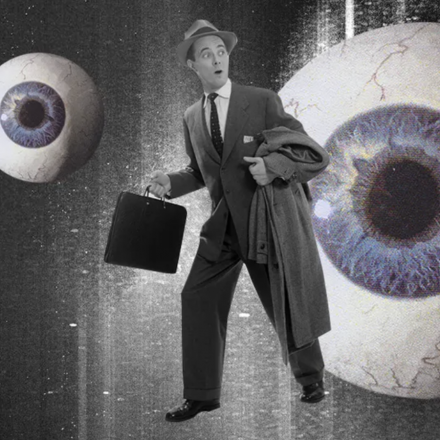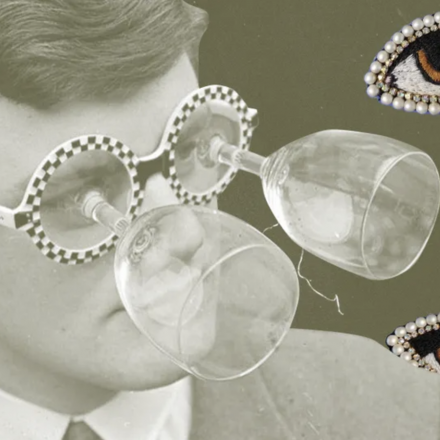Today, more than ever, society promotes the idea of individuality and uniqueness. Social networks, media, and cultural trends push us to strive to be special, different from others. We want to stand out, to become noticeable, and this desire turns into an obsession. However, as practice shows, the desire to stand out from the crowd can be harmful and even destructive to one's personality. Let's explore why this happens and how to avoid the pitfalls of this desire.
Losing Connection with Yourself
The first and most obvious consequence of the obsessive desire to stand out is losing connection with yourself. When you start actively searching for ways to become unique, you inadvertently abandon your true desires and needs. In the pursuit of images and roles that you think should impress others, you lose the understanding of who you really are. More and more time and effort go into creating an artificial image, resulting in inner emptiness and confusion.
Constant Lies and Pretending
In the desire to stand out, many resort to deception—both of others and themselves. We start attributing to ourselves qualities that we do not possess, inventing achievements and interests that do not really exist. However, the truth will inevitably come out. When your lies are exposed, it will lead to a loss of trust and the destruction of relationships. Moreover, constant pretending drains a lot of energy and ultimately leads to emotional burnout.
Artificial Standards and Their Consequences
The desire to be special is often associated with the creation of artificial standards and values that supposedly distinguish you from others. These can be unusual views on life, eccentric behavior, and non-standard preferences. But by creating such standards, you risk falling into the trap of spontaneous rejection of everything that is popular or accepted by society. Over time, this leads to the fact that you begin to reject even those things that you genuinely like, just because they are "like everyone else's."
Damaging Relationships with Others
Your attempt to stand out can negatively affect your relationships with people, especially those close to you. When you start behaving unnaturally or too aggressively defending your unique views, others may begin to avoid interacting with you. Interacting with others requires respect and understanding of their points of view. However, if you start imposing your artificial standards or demonstrating your "uniqueness" in every detail, you will most likely encounter misunderstanding and even rejection.
Loss of Trust and Reputation
Constant attempts to appear special can lead to others losing trust in you. If you lie about your achievements or skills to impress, you may be remembered as unreliable and hypocritical. This is especially dangerous in a professional environment where reputation plays a key role. Restoring trust will be very difficult, if not impossible.
A Vicious Cycle of Dissatisfaction
When you constantly strive to stand out from the crowd, you create an endless cycle of dissatisfaction. Each time you reach a goal, you quickly realize that it's not enough to feel truly special. This leads to a constant search for new ways to stand out, which ultimately turns into an endless race for an unattainable ideal. As a result, you find yourself in a state of chronic dissatisfaction and discontent with yourself and your life.
Psychological Pressure and Stress
The desire to stand out places enormous psychological pressure. Constant striving to be the best, unique, and noticed requires colossal emotional and physical resources. Over time, this leads to increased levels of stress, anxiety, and even depression. You begin to live in constant tension, fearing to lose your "uniqueness" and end up among those whom you yourself consider "ordinary." This state not only destroys the psyche but also affects physical health.
The Path to Harmony and the True "Self"
How can one find a balance between the desire to stand out and staying true to oneself? First of all, it is important to understand that your value as a person does not depend on how much you differ from others. True uniqueness lies not in the desire to be different from the rest, but in the ability to be yourself, to respect your desires and needs.
Develop your true interests and talents without worrying about what others will say or think. Learn to accept yourself as you are, with your strengths and weaknesses. Realizing your own value and abandoning the obsessive desire to stand out will help you achieve inner harmony and life satisfaction.
Remember that life is not a competition for uniqueness. It lies in the pursuit of happiness, love, and meaning, and each of us follows this path in our own unique way.


















